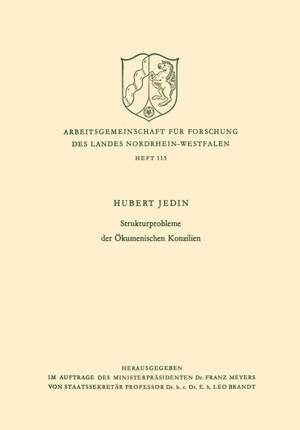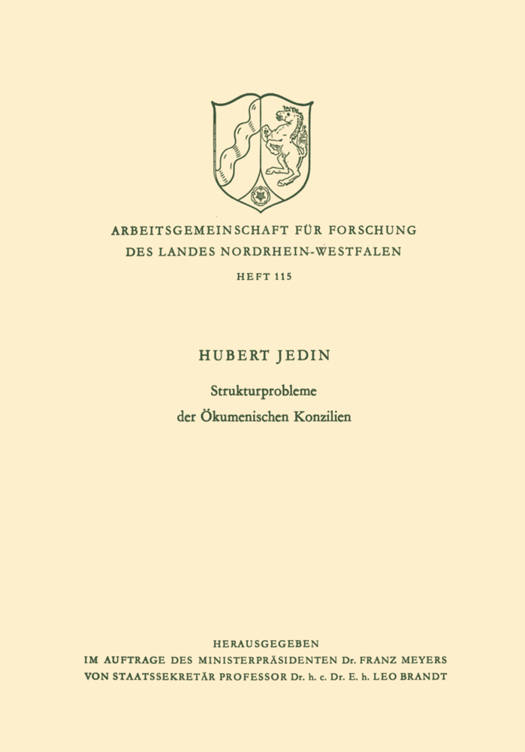
- Afhalen na 1 uur in een winkel met voorraad
- Gratis thuislevering in België vanaf € 30
- Ruim aanbod met 7 miljoen producten
- Afhalen na 1 uur in een winkel met voorraad
- Gratis thuislevering in België vanaf € 30
- Ruim aanbod met 7 miljoen producten
Zoeken
Omschrijving
The history of the councils permits the recognition of four traditional types of Oecumenical Council - the Old-christian Bishops' Council, which was convened by the Emperor and decided questions of dogma and disci- pline; the Papal General Council of the middle ages, which was convened, guided and confirmed by the Pope and which, both by reason of the sub- jects to be dealt with and the personal constitution thereof, represented Christendom; the councils of the 15th century claimed to act as Church Par- liaments; the Council of Trient, which again reverted to the twO first types and to which the first Vatican Council was similar as to structure, was con- forming in essentials to the Codex Juris Canonici. Does the present Vatican Council II, as to its structure, show new ten- deneies which go beyond the characteristics of the historie types? The author believes that five such tendencies can be recognised: 1. The careful preparation by experts, which also include Bishops, due to the predominant influence of the central cu rial authorities extends far beyond that of the Vaticanum I; 2. The consciousness of the collegial joint responsibility of the episcopate, which however 3. co-operates with the Papal primatial authority and which elevates the long contested question of powers into the sphere of responsibility; 4. the pastoral and 5. the oecumenical direction, both of which have been basing on the person- al initiative of Pope Johannes XXIII.
Specificaties
Betrokkenen
- Auteur(s):
- Uitgeverij:
Inhoud
- Aantal bladzijden:
- 61
- Taal:
- Duits
- Reeks:
- Reeksnummer:
- nr. 115
Eigenschappen
- Productcode (EAN):
- 9783663008200
- Verschijningsdatum:
- 1/01/1963
- Uitvoering:
- Paperback
- Formaat:
- Trade paperback (VS)
- Afmetingen:
- 170 mm x 244 mm
- Gewicht:
- 117 g

Alleen bij Standaard Boekhandel
+ 125 punten op je klantenkaart van Standaard Boekhandel
Beoordelingen
We publiceren alleen reviews die voldoen aan de voorwaarden voor reviews. Bekijk onze voorwaarden voor reviews.








